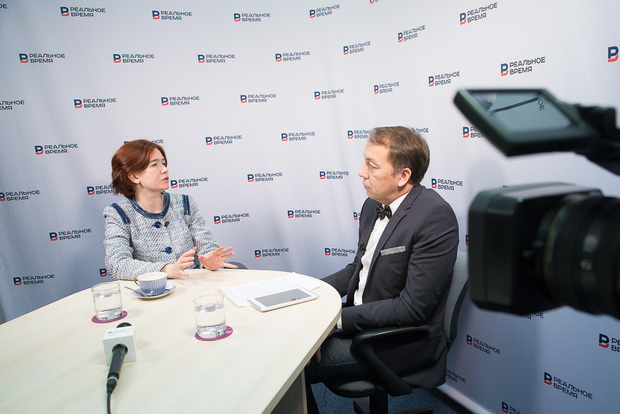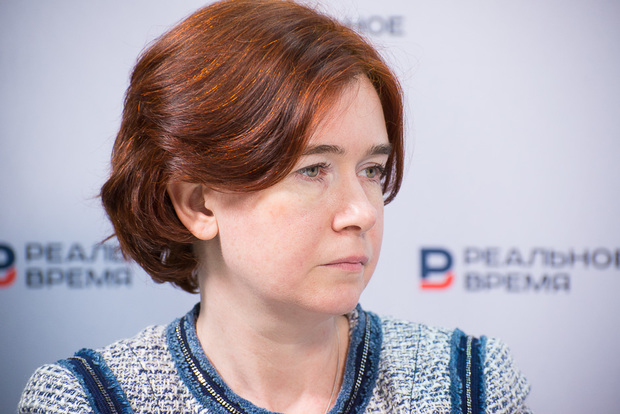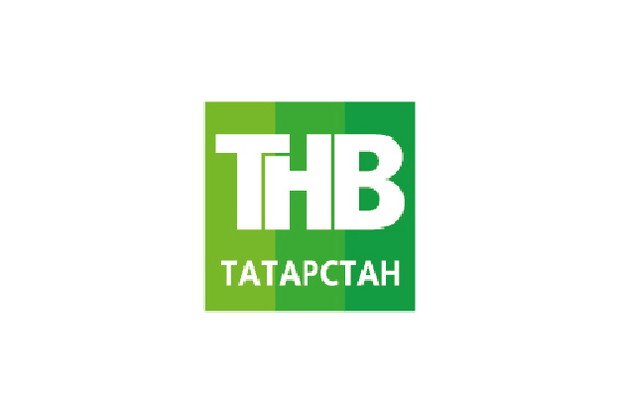Natalia Orlova on stagnation in the economy: ‘A balance we see now is the best of a bad lot’
The head of the centre for macroeconomic analysis of Alfa Bank gives her assessments of the current economic situation and makes forecasts
An online conference of Realnoe Vremya with the chief expert of Alfa Bank turned out to be candid and sometimes frightening. The economic observer of Realnoe Vremya Albert Bikbov and Natalia Orlova talked about how a new president of the USA will affect the federal funds rate, why in Russia we should not be afraid of inflation and devaluation, why a stagnation is better in the current conditions, on whom the government shifts its social responsibilities and many other topics.
'If Trump will be the president, that fact itself is a shock for the markets'
The online conference of Realnoe Vremya with Natalia Orlova, the head of the center for macroeconomic analysis of Alfa Bank, started with a discussion of the presidential election in the USA. However, the economic observer of Realnoe Vremya Albert Bikbov was interested only in the impact of the election results on the world and Russian economies. The thing is that a further strategy of the Federal Reserve System depends on who will be the president [at the moment of the conference the result was still unknown – editor's note].
According to Natalia Orlova, regardless who will be the president, Hillary Clinton or Donald Trump, they will have to reckon with an opinion of the American establishment. Nevertheless, the Fed, apparently, have two scripts for acts. According to Orlova, the Fed is going to rise the rate anyway, but the question is in a term. 'On the market they are discussing that if Clinton wins, then, of course, the Fed increases the rate, because the coming to power of Clinton means that they should not expect economic shocks. Then the Fed will act according to the announced plan. If Trump wins, that fact itself is a shock for the markets, because it is not very clear what to expect from the economic policies of the U.S., and then the Fed will have to postpone the rate increase. The markets will be alarmed, and additional shock will be inappropriate,' believes Orlova.
In general, according to Natalia Orlova, now all the central banks in the world have the task to tighten the monetary policy because all central banks have decreased their rates, taking on huge risks. The regulators are trying to tighten policy to prevent the emergence of 'bubbles' on the markets.

Why we should not be afraid of a devaluation
As Natalia Orlova said, now a greater concern is not Fed's actions but other factors. All emerging markets themselves are in a difficult situation. Besides, the markets are more influenced by unexpected dangers arising from time to time: Brexit, messages about problems of the Chinese economy, etc.
However, concerns about a possible devaluation, collapse of the ruble have now lost relevance because in 2014 we shifted to a floating exchange rate. This mode means that the Central Bank does not create distortions in the foreign exchange market, artificially constraining the rate and subsequently leading to sudden changes. In 2014, the Central Bank held the rate as long as it could, but then decided to leave, retaining the reserves. And this, according to the expert, was the right decision.
According to Orlova, now on the market there is wide volatility of the ruble, but it's keeping around the fundamental value of 65 rubles per dollar. The forecast of the expert for the end of the year is 67 rubles per dollar.
'A balance that we see now is least costly'
During the conversation, the analyst of Alfa-Bank noted a characteristic feature of the economic policy. Traditionally, the strategy of import substitution agrees with fixed or targeted exchange rate. This is necessary in order to import technologies to support the local manufacturers. However, in Russia along with the statements of policy of import substitution there has been set a floating exchange rate. According to Orlova, now it would be appropriate to use the devaluation of 2014 to support the Russian manufacturers, who are willing to export.

If we do not understand whether we want to export or substitute import, then it is better to do a floating exchange rate, and at least not to spend the reserves
However, in fact, Russia has no agenda of new reforms or new economic policy: 'We are talking about import substitution, but in fact, we have introduced counter-sanctions, a niche on the market appeared but not a strategy. The analyst notes exactly the same trend in the support of the export-oriented enterprises. Their activities are encouraged but, in fact, there is no infrastructure to support them. A stagnation in the Russian economy is being felt due to the lack of strategic plans and structural changes.
Nevertheless, according to Natalia Orlova, such situation cannot be called poor: 'The balance that we see now is least costly to the economy. It's the best of a bad lot. If we do not understand whether we want to export or substitute import, then it is better to do a floating exchange rate, and at least not to spend the reserves.' According to the expert, it is extremely difficult to decide on a strategy in the conditions when the whole world is changing.
'The leadership has an understanding that the inflationary scenario is not to let'
In general, Orlova calls the economic policy of the Russian government in the past two years pragmatic. It's not just about a preservation by the Central Bank of the reserves, but also about the fiscal policy: the public sector wages have been frozen for the second year in a row, the indexation of pensions have been frozen. Populist comments do not turn into economic decisions. This indicates that the leadership of the country has an understanding that the inflationary scenario is not to let. We can talk about the indicators of inflation: there will be notorious 4% or 6% but the repetition of scenarios of the 1990s with hyperinflation is impossible.
Orlova sees the problem of budget deficit not in an unjustified increase in expenditure but in the absence of economic growth. The experts estimate this growth just at 1%. The budget is not able to generate income in the conditions of a stagnation.
All of the described 'stagnant' economy and all the measures taken by the authorities, according to the expert, are leading to the fact that Russia can do without deep shocks for long enough, the policy does not create a danger of a deep crisis.
Official partner:
